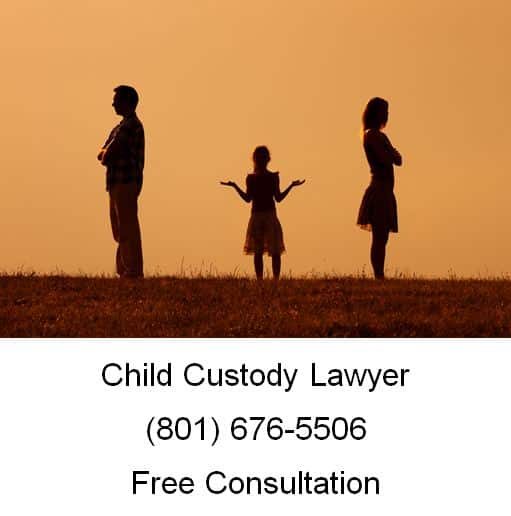
The settings of Facebook can prevent the “public” from seeing anything in the account holder’s “wall,” including photos and changes in status. The only way to observe these is to “friend” the Facebook account holder. Accordingly, if representing a man in a custody matter and he believes that his wife has incriminating evidence on her Facebook wall, the question begs: How does someone become her friend and gain access to that wall? The answer is simple: friend request.
Although the question and the answer are relatively simple, it is illegal for a lawyer to do this in most circumstances. People become friended when they are selling things; gaining publicity; or with ulterior motives. People impersonate themselves as others all the time on Facebook. Facebook has become known as “Fakebook” in several circles. Nevertheless, the Bar Association Ethics Committee has opined that an attorney may use their real name to send a friend request to the opposing party without disclosing the reason for making such a request. This follows for the attorney’s agent as well. Nevertheless, it is impermissible and improper for the attorney to assume a false identity to gain access to the opponent’s “friend page.”
In 2010, the American Bar Association found that fifty-six percent of the attorneys in private practice have a presence in online social networks. Only forty-three percent had such a presence in 2009. It is good practice for anyone involved in a divorce to refrain from commenting whatsoever on their own Facebook account, as they don’t know who is their real friend—or who will become their friend to obtain evidence.
Lawyers should not make false statements of material facts to gain advantages. The first Facebook cases were not divorce cases at all, but were personal injury cases where the injured plaintiffs posted photographs and shared information about what they were doing or thinking—often portraying themselves in photographs and statements as far less “disabled” or “injured” as they were portraying themselves to be in a personal injury case.
There is a certain “reasonable expectation of privacy” in email but with Facebook, no person would have such reasonable expectation of privacy even if they put their settings on “friends only” and hide information from the general public. No one knows who their real friend is during the time of divorce, and when counseling clients we strictly advise them to withdraw from the public eye and refrain from speaking about their divorce and/or their activities during divorce, as it may damage their case and/or relationship with their children.
No Fault Divorce in Utah
Utah joined a host of other states that allow couples to obtain a divorce without assigning fault to either party. Recent changes to Utah’s domestic relations law allow spouses to more easily obtain a divorce under the new grounds of irretrievable breakdown. This allows a court to grant a divorce simply on the sworn statement of one spouse that the relationship is broken beyond repair and has been so for at least six months.
Despite this clear statutory language, it took little time for Utah’s trial courts to split on their interpretations of the new provision. Utah supreme courts in Essex and Suffolk counties have adopted the view that the sworn statement of one party that a marriage is irretrievably broken may not be enough to establish grounds for divorce, even under the new no-fault provision. The Supreme Court in Nassau County, however, has found that—so long as other statutory conditions are satisfied—the sworn statement of one spouse is sufficient to obtain a no-fault divorce.
Basically, when viewed in the context of previously established principles of law, the new no-fault law may not be as simple as it seems. Even though the statute requires only the sworn declaration of one spouse, the capacity of that spouse to make such a statement may be subject to review when conditions such as advanced age, mental incapacity, or undue influence from third parties exist. At least one court has allowed this.
Free Consultation with a Child Custody Lawyer
If you have a question about child custody question or if you need help with custody, please call Ascent Law at (801) 676-5506. We will help you.
8833 S. Redwood Road, Suite C
West Jordan, Utah
84088 United States
Telephone: (801) 676-5506
Recent Posts
Separation Agreements in Divorce
Estate Planning for Single Parents

